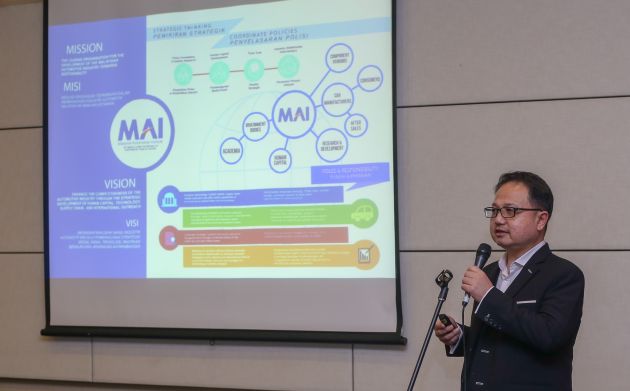Malaysia driving cycle standard planned as part of country’s initiatives on fuel economy development
The Malaysia Automotive Institute (MAI) has announced updates on the country’s initiatives on fuel economy development, in line with worldwide initiatives set out by the global fuel economy initiative (GFEI). The updates were presented to members of the global community at an event in Kuching, Sarawak.
Among them is the planned establishment of a Malaysia driving cycle (MDC) fuel economy standard. The programme has seen studies carried out, all geared towards the development of a standardised method consistent with the world wide harmonised light duty test cycle (WLTC) for fuel consumption.
The institute said that when it is eventually in place, this will establish Malaysia’s own globally-recognised driving cycle, which will allow the measurement of fuel economy from a Malaysian context – the MDC would present a set of data specific to Malaysian roads, terrain and environmental conditions, and thus determine standards for energy efficient vehicles (EEVs) based on UN regulation 101.
Mention was also made about the national emission test centre (NETC), which was officially opened in March this year. Located in Rawang, Selangor, the NETC is the first full-fledged vehicle emissions testing facility in Malaysia. The centre’s facilities include real-time measurement of exhaust emission gases for passenger cars in accordance with UN regulation 83 and 101.
With emissions tests a requirement for vehicles to comply with vehicle type approval (VTA) and EEV certification, the NETC – which is operated by MAI – will allow for significant emissions test cost reduction and faster test cycle times, according to the institute.
Collaborations with global agencies for carbon reduction were also highlighted, including that with Clean Air Asia, a non-profit organisation that has implemented the “Supporting Clean and Efficient Vehicle Policies in Asian Countries” programme, funded by UN Environment. Among the activities the collaboration is working towards is the establishment of a fuel economy baseline based on actual data gathering and trends analysis specific to Malaysia.
The institute is also working with the ministry of energy, science, technology, environment and climate change (MESTECC) in a number of areas, including providing input specific to EEVs and the development of a low carbon mobility blueprint based on these.
Source: Paultan.org



